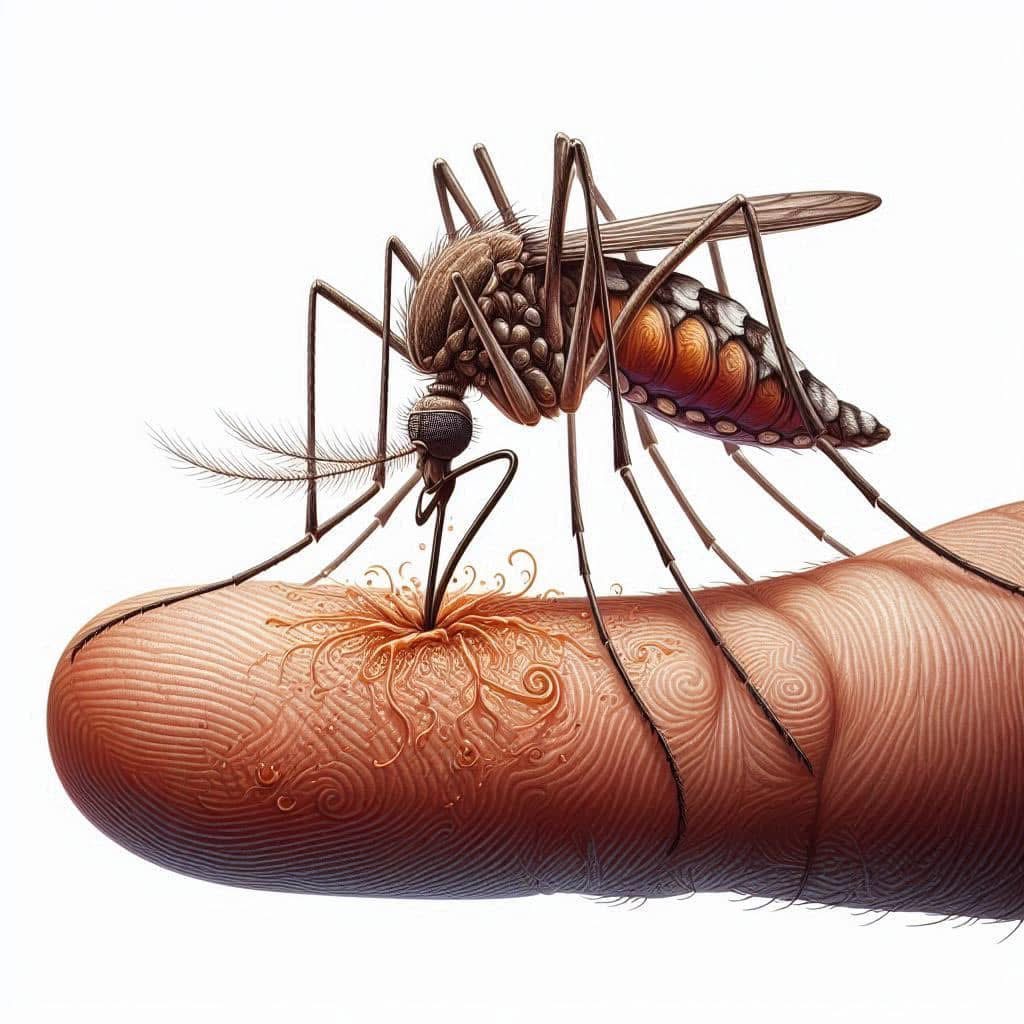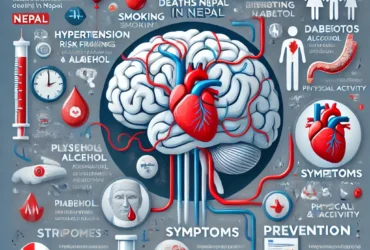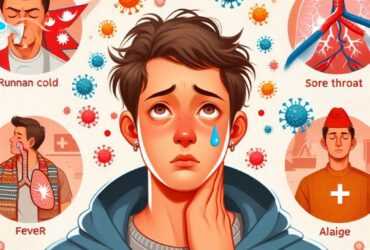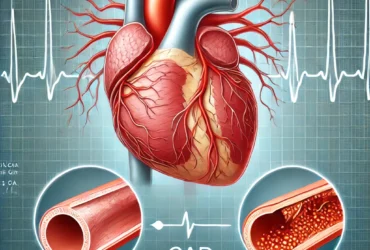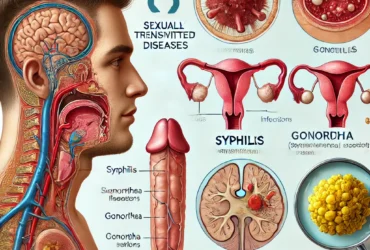What is Dengue Fever?
Dengue fever is a viral infection spread by mosquitoes, particularly Aedes mosquitoes. In Nepal, the monsoon season increases the risk of dengue outbreaks. Dengue is caused by one of four related viruses, and a person can contract the disease more than once. It is common in tropical areas like Nepal, where mosquitoes breed in standing water.
Symptoms
Dengue symptoms appear 4–7 days after a mosquito bite and can last 5–7 days. These include:
- High fever
- Severe headache
- Pain behind the eyes
- Joint and muscle pain
- Fatigue
- Nausea and vomiting
- Rash (especially in first-time infections)
Severe symptoms may include:
- Severe abdominal pain
- Bleeding (nosebleeds, gums, or blood in stools)
- Vomiting blood
- Seizures
- Extreme weakness
When to Seek Medical Help
- If you experience persistent or worsening symptoms, especially abdominal pain, difficulty breathing, or bleeding.
- If you are in a high-risk group, such as pregnant women, the elderly, or individuals with underlying health conditions.
Diagnosis
Doctors can diagnose dengue based on symptoms and blood tests. In Nepal, especially in outbreak zones, diagnosis can often be based on symptoms alone.
Treatment
There is no specific antiviral treatment for dengue. The focus is on symptom management, including hydration and pain relief. In severe cases, hospitalization may be required for blood transfusions and IV fluids.
Prevention
- Eliminate standing water where mosquitoes breed (e.g., flowerpots, gutters, or old tires).
- Use mosquito nets and insect repellent with DEET.
- Wear long-sleeved shirts and long pants to minimize mosquito bites.
- Ensure proper ventilation and use of screens in homes.
At Our Clinic
If you suspect you have dengue fever or are experiencing severe symptoms, visit our clinic immediately. Our doctors can provide timely support, monitor symptoms, and ensure proper care to prevent complications and prevent hospitalization.
📞 01-4531078 or 01-4543386

